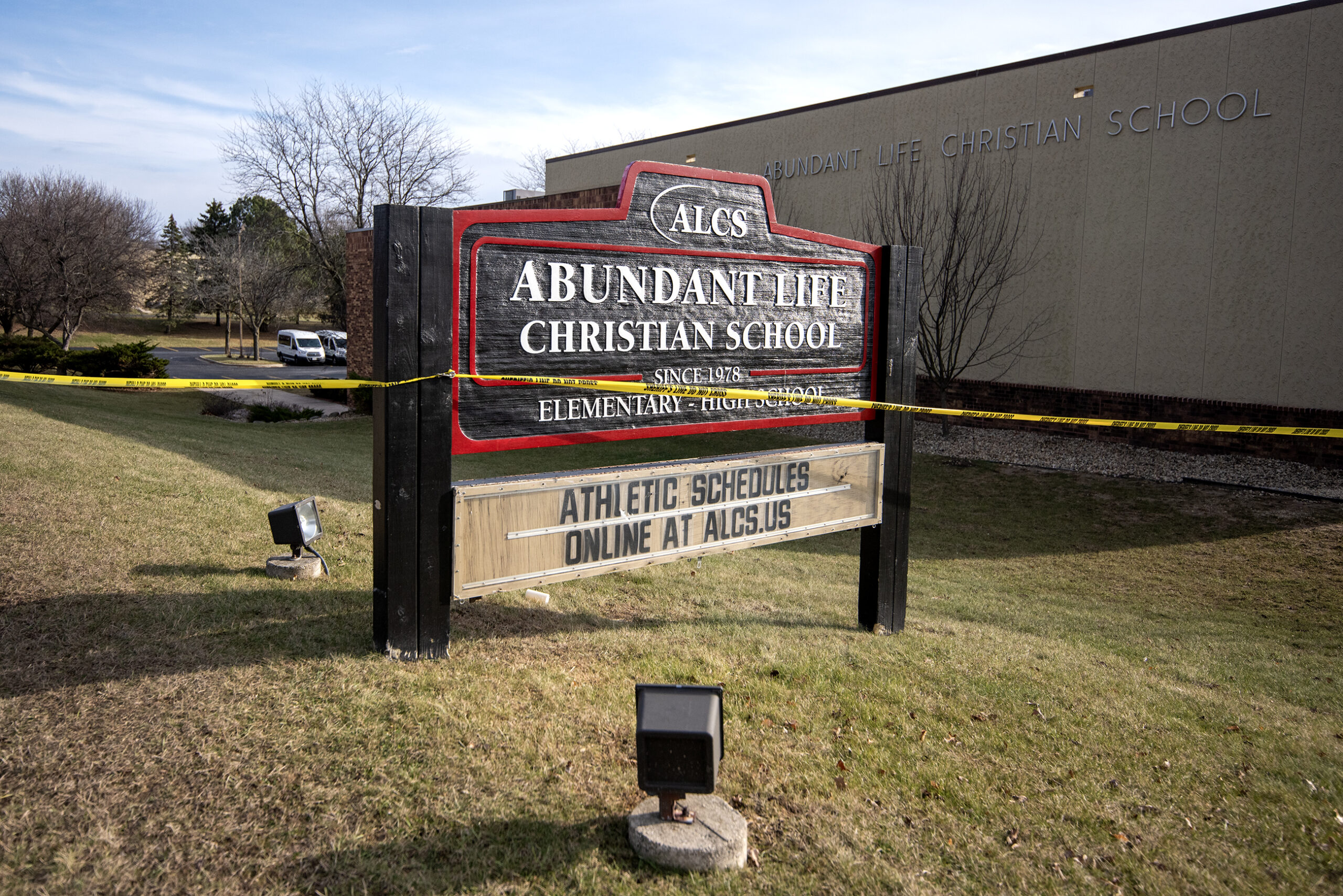Gov. Scott Walker’s administration and the state Department of Justice plan to replace the state Department of Public Instruction legal counsel in an upcoming case against the conservative Wisconsin Institute for Law and Liberty (WILL).
The case concerns DPI’s power to craft administrative rules without the governor’s approval under the new REINs Act, which requires agencies to seek permission before writing those same rules.
WILL officials filed the lawsuit on Monday alleging State Schools Superintendent Tony Evers has been writing education policy without Walker’s permission as required by state law. The governor on Wednesday ordered Attorney General Brad Schimel to represent Evers in the lawsuit even though Schimel believes Evers is acting illegally.
Stay informed on the latest news
Sign up for WPR’s email newsletter.
Walker’s spokesman is defending the governor’s decision. Evers’ camp says the governor is robbing him of a defense in the case. But Walker spokesman Tom Evenson said Schimel has the best interests of the state in mind.
DPI spokesman Tom McCarthy said the administration has openly opposed DPI’s current administrative power.
“We don’t feel it’s appropriate for someone in any situation, I mean you could imagine if you were anybody seeking legal representation to have your lawyer say to you, ‘We don’t agree with you, but hey, we’re going to represent you anyways,’ is offensive,” McCarthy said.
DPI officials plan to file a motion requesting independent representation, McCarthy said.
“The nuance is that we are a separate branch of government as was written in the Wisconsin constitution so if our interests are not aligned, we, under the Wisconsin Constitution, have every right to express our authority in that way,” he said.
In an email statement, the governor’s office said:
“As the attorney general communicated to us his desire to represent the DPI in this case, the Governor submitted a request for that representation accordingly under Wis. Stat. 165.25(1m).
Superintendent Evers is being sued in his official capacity as a state official, therefore, the attorney general has the authority to represent him and determine the arguments that are in the best interest of the state. We don’t believe we have the authority to appoint special counsel in this case as the attorney general elected to represent him.
We believe DPI should be held to the same high level of transparency and accountability taxpayers expect of any other state agency. Superintendent Evers should welcome greater accountability at DPI, not dodge it. It’s not politics, it’s the law.”
Johnny Koremenos, the DOJ’s director of communications and public affairs, said in a statement on Wednesday night that they believe this arrangement is “consistent with Attorney General Schimel’s philosophy that DOJ will represent the state in all cases where there is no conflict of interest, DOJ agreed to accept the Governor’s request today to represent DPI in the lawsuit.”
“It is not unusual for a client agency to disagree with the position of DOJ and this case is no different, but that is not a conflict of interest,” he said. “Wisconsin law unequivocally gives the Attorney General the power to represent any state official or department upon the request of the Governor. The Governor invoked this law and now it is the Attorney General’s prerogative to represent DPI and the Superintendent and control the litigation.”
Wisconsin Public Radio, © Copyright 2024, Board of Regents of the University of Wisconsin System and Wisconsin Educational Communications Board.







